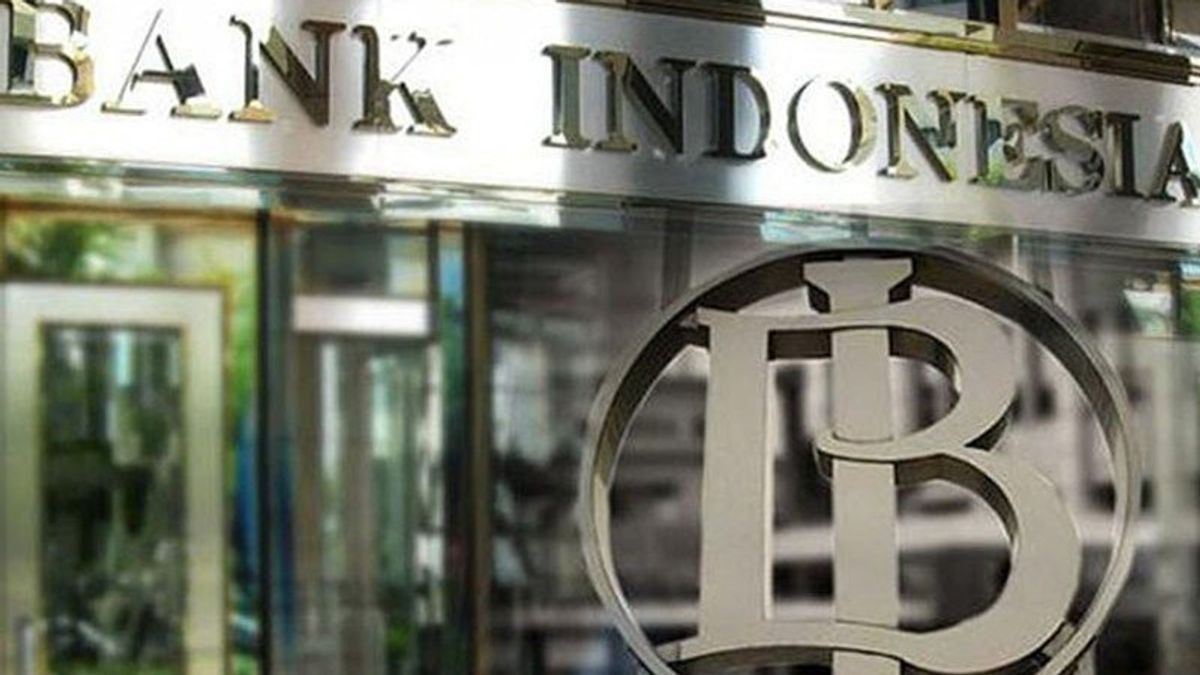YOGYAKARTA Bank Indonesia (BI) launched a new payment platform called Bank Indonesia Fast Payment or BI Fast on December 21, 2021. This service has a number of advantages, one of which is the cheaper tariff benchmark, which is IDR 2,500 per interbank transfer transaction. Even though it has a number of excesses, users must also know about the shortage of money transfers with BI Fast.
Although the benchmark for interbank transfer rates that must be paid by the public is cheaper than before, from the original Rp6,500 to Rp2,500, there are a number of shortcomings when money transfer activities are carried out using the BI Fast method, which is as follows.
The nominal value of the transfer that can be done through BI Fast is a maximum of IDR 250,000,000. This figure is indeed quite large for some people but not large enough for some. Customers who want to transfer money with a larger number must take an alternative clearing, namely the transfer of money between accounts with a certain time lag.
The BI Fast service turns out to be not really 24/7 or 24 hours at 7 days. In reality, the BI Fast service time in several banks is limited. BI Fast services in several banks will experience difficulty transferring at certain hours. This happens because BI Fast has not been fully integrated with all banking services. This is quite difficult for people who have to make unexpected transactions that must be done at that time.
It turns out that not all banks are integrated with BI Fast services. Only a few banks have listed BI Fast into their services. This means that some people have not received BI Fast services when using certain banks that have not been integrated with BI Fast. Quoted from the official website of Bank Indonesia, as of March 23, the number of BI-FAST participants since the service was launched is 122 participants.
Another shortfall in BI Fast which is quite disturbing is that maintenance or maintenance and repair are often carried out. As a result, users experience problems when using BI Fast. This condition causes transactions to fail or go offline. Users must wait a while to be able to use the service again.
BI Fast is currently still focusing on debt transfer and credit services so that people who want to make payments via virtual accounts (VA), credit cards, or other digital wallets must find other ways without using BI Fast.
Users can also only use the BI Fast payment system through banking institutions, while other payment systems such as ATMs, EDCs and QRs have not been implemented.
To support BI Fast in the future, banks must have technology that allows using BI Fast services easily and practically. Currently, the use of BI Fast services is still limited with certain methods and this condition can still develop. Banks are required to present new technology to support these services for the wider community indiscriminately.
As is known, in implementing the BI Fast payment system, every bank that is a participant must have supporting infrastructure that ensures that services run safely and smoothly. Therefore, banks must maintain the infrastructure by spending costs. This shortfall tends to be felt by the bank.
Those are some of the shortfalls in money transfers with BI Fast. Visit VOI.ID to get other interesting information.
The English, Chinese, Japanese, Arabic, and French versions are automatically generated by the AI. So there may still be inaccuracies in translating, please always see Indonesian as our main language. (system supported by DigitalSiber.id)









